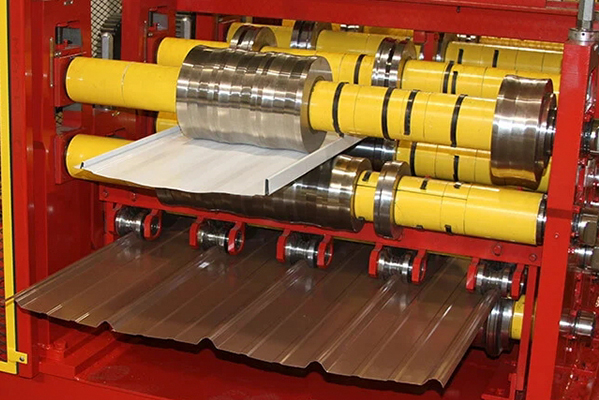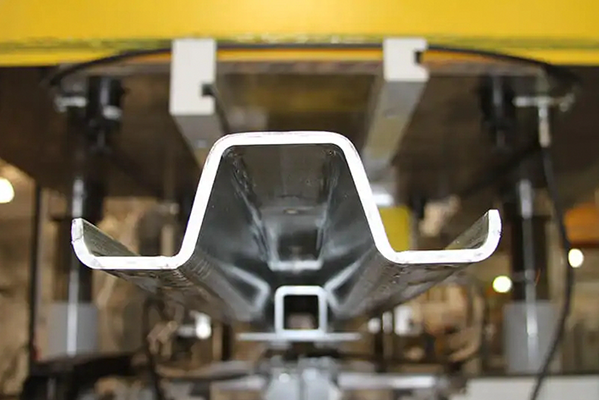Navigation Menu
Contact Us
- Email:
- info@wxavatar.com
- Address:
- Yurong Village, Yuqi Street, Huishan District, Wuxi, China.
Release Date:Apr 28, 2025 Visit:68 Source:Roll Forming Machine Factory
The rolling process is a fundamental technique in metalworking and material manufacturing, serving multiple practical functions across various industries. It involves passing metal or other materials through rollers to alter their shape, thickness, or mechanical properties. Below are the key purposes of this process:
Shape Modification
Rolling is commonly used to change the form of raw materials, such as converting metal ingots into sheets, plates, bars, or structural components like beams and rails. This allows manufacturers to produce standardized shapes suitable for further processing or direct application.

Thickness Reduction
By applying controlled pressure, rolling reduces the thickness of materials uniformly. This is essential in producing thin metal sheets used in automotive panels, household appliances, and packaging materials.
Improvement of Material Properties
The process can enhance the strength, hardness, and uniformity of metals by refining their grain structure. Hot rolling, for instance, improves ductility, while cold rolling increases surface finish and dimensional accuracy.
Surface Finishing
Rolling can achieve smooth and precise surfaces, reducing the need for additional machining. This is particularly important in applications where surface quality affects performance, such as in precision instruments or machinery parts.
Cost Efficiency
Compared to other forming methods, rolling is a high-efficiency process capable of continuous production, minimizing material waste and lowering manufacturing costs.
Versatility in Applications
The rolling process accommodates a wide range of materials, including steel, aluminum, copper, and alloys, making it adaptable to industries like construction, aerospace, and consumer goods.

In summary, the rolling process plays a crucial role in modern manufacturing by shaping materials, improving their properties, and ensuring cost-effective production. Its widespread use underscores its importance in industrial applications.